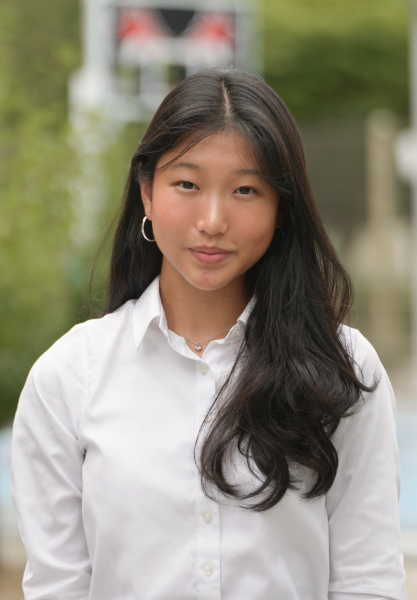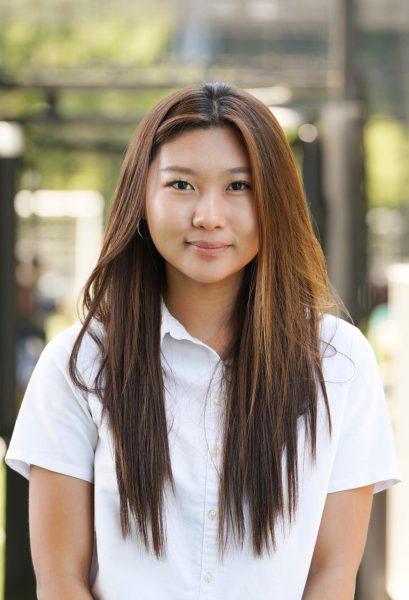In South Korea, the once bustling bridal shops, full of newlyweds with dresses and suits, remain emptier than ever. The younger generation of the peninsula now shuns grand wedding halls and opts for independence over marriage vows. While once a lifelong goal for many since childhood, marriage now persists as an unbearable balance of finances and societal values.
The non-wedding trend (비혼주의) trends among youth in Korea—they choose to remain single due to economic pressures and personal preferences. Over the past decade, the country’s marriage rate dropped by a sharp 40 percent. Out of the many reasons behind this trend, financial instability stands as the most significant problem.
Mrs. Shin, the librarian for Daegu International School, gives deeper insight into the concerns of basic living expenses. “I think the big issue is buying a house, and house prices are soaring. It is so expensive, and normal people don’t really buy a house in a short time, where they have to save money for decades or 20 years,” Shin said. She reflects a similar sentiment shared by many across the country.
Moreover, Korea’s exorbitant real-estate prices exacerbate this problem. Sung-hyun Kim, a Samsung Construction and Trading (C&T) worker, points out a startling fact. “I’ve actually tried to calculate how much money I have to make to buy an apartment compound, and it’s pretty sad. A regular office worker like me makes about 4,800,000 won monthly, which is about 20 to 24 years of saving to buy an average apartment in Seoul.”
Even under different socioeconomic circumstances, loads of mortgage debts to purchase “a place to live” pose challenges for families. The Korean marriage culture, which places excessive material demands on husbands as providers, increases the burden. This leaves people to suffer the consequences of an unstable family under financial strains; a key cause that drives youths away from long-term relationships.

The intensive academic competition around universities exacerbates this problem. Korea demonstrates a college entrance rate of 74.9%: the highest among all nations in OECD. This stems from how the job market demands post-secondary education, which puts everyone on a long path before economic independence—even for those who do not wish to pursue academics. Subsequently, few feel confident about their financial status and capability to support a family, further pushing youth away from marriage.
Additionally, feminist ideals from radical internet communities play a role in this shift. For example, the 4B movement—a trend among Korean women who reject romantic relationships, marriage, and motherhood—promotes an individualistic lifestyle for women instead of settling for a family.
Korean society saw dramatic social shifts as a result. Most significantly, the fertility rate of Korea dropped to 0.8, the lowest in the world.
Moreover, the lack of family formation led to a depressing trend across Korea. The cases of Kodokushi(고독사; lonely death) have consistently increased since 2022. Though the Korean Ministry of Health and Welfare identified such deaths and launched preventative initiatives since 2023, the number of cases continues to grow. This phenomenon would only continue to exacerbate until the fundamental problems in marriage are addressed.
As younger generations face high living costs and question traditional norms, marriage is no longer considered necessary but rather a burden. As witnesses to a broad transformation in South Korea in how relationships and family life are defined. This change poses challenges but also opens the door for more diverse and personalized life choices in the future.






















































